Delegates discussed the fields of national defense, security, foreign affairs, and supervision, and gave opinions on six contents, including: the draft Law on State of Emergency; the draft Law on Supervision Activities of the National Assembly and People's Councils (amended); the draft Law on Cyber Security; the draft Law on Protection of State Secrets (amended); the Law on amending and supplementing 10 laws related to security and order; the Law on amending and supplementing a number of articles of the Law on International Treaties.
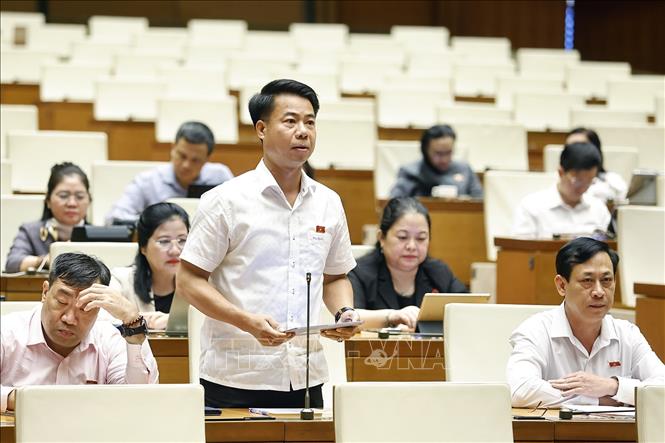
Giving comments on the regulations on principles in supervisory activities in the draft Law on Supervisory Activities of the National Assembly and People's Councils (amended), delegate Hoang Quoc Khanh (Lai Chau) suggested that the principle of ensuring comprehensive and direct leadership of the Communist Party of Vietnam should not be stipulated, because the 2013 Constitution clearly stipulates the leadership role of the Party in all political and social activities; related laws such as the Law on Promulgation of Legal Documents also clearly stipulate the leadership role of the Party, so it is not necessary to include this principle in the draft Law.
Also interested in this content, delegate Mai Van Hai (Thanh Hoa) suggested reconsidering the principle of ensuring monitoring activities are linked to the improvement of policies and laws; deciding on important issues of the country and locality. The delegate said that the goal of monitoring is that the results of monitoring serve the improvement of policies and laws; deciding on important issues of the country and locality; therefore, this content should not be included in the principles of monitoring activities but should only stipulate general, core principles that are consistent in monitoring activities.
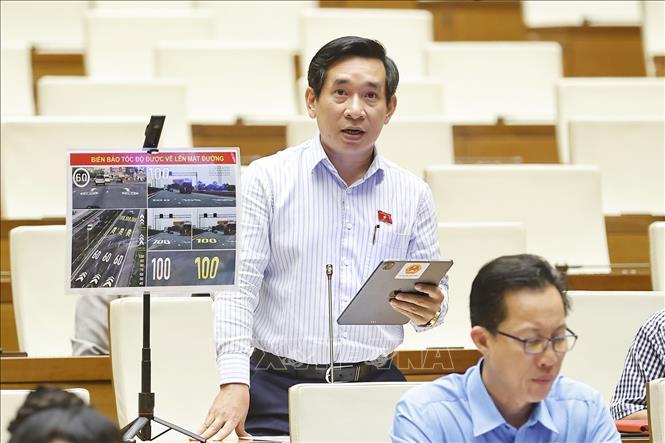
Commenting on the Law amending and supplementing a number of articles of 10 laws related to security and order, including the Law on Road Traffic Order and Safety, delegate Nguyen Van Canh (Gia Lai) was concerned about the situation that many people have reported, which is the issue of parking. Specifically, in life, in many places, cars are parked in line in front of people's houses, causing difficulties in traveling and doing business. In fact, there have been many cases of disputes over parking locations in front of people's houses, many cases of vehicles being dirty, damaged, drivers and homeowners having conflicts and collisions.
"People have the right to request space in front of their house for convenient movement, and drivers also have the right to park in places that are not prohibited. Therefore, these two rights need to be clarified in the law," delegate Nguyen Van Canh emphasized; at the same time, he proposed adding the content prohibiting "obstructing people and vehicles from stopping and parking in the right place"; adding the content protecting people's right to enter and exit, which is not "obstructing people's vehicles from entering and exiting their residence" into the draft.
"State agencies need to regulate how to organize parking so that these two rights do not conflict, and harmoniously handle the interests of citizens and vehicle owners," delegate Nguyen Van Canh raised the issue.
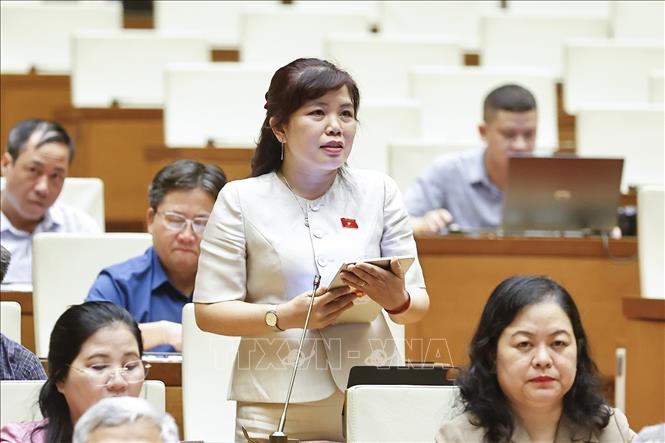
Regarding the Law on Cyber Security, delegate Nguyen Thi Thu Ha (Quang Ninh) stated that in Article 11 on the classification of information system levels, the draft currently stipulates that information systems are classified into 5 levels from level 1 to level 5. However, in the draft, the basis and criteria for classification and determination between levels are still unclear, not specific and there are no criteria associated with the level of economic impact, number of users or value of related assets. These are very important and basic criteria in classifying and determining damage criteria, so they need to be specifically regulated by assigning them to the Government or regulated in the law.
Contributing ideas to complete the draft Law on Protection of State Secrets (amended), delegate Nguyen Thi Thu Ha said that Clause 1, Article 19 of the draft law stipulates the period of protection of state secrets of 30 years for the top secret level, 20 years for the top secret level and 10 years for the secret level, secret level. The delegate suggested considering adding this provision in the direction that every 5 years, the head of the agency directs the review, consideration, direction and assessment of the period of protection of state secrets for state documents under management, in order to maintain the same time or change the time.
According to delegate Nguyen Thi Thu Ha, such amendments are intended to address a number of cases where the confidentiality has been determined to be 30 years, 20 years, or 10 years, but before the above deadline, the secrets may no longer be confidential, or no longer need to be protected, and may be declassified to avoid the case where the nature is no longer confidential, but the person who reveals the secret may be prosecuted for violating the law or continue to preserve the document as a state secret, wasting unnecessary resources.
Source: https://baotintuc.vn/thoi-su/hoi-nghi-dai-bieu-quoc-hoi-chuyen-trach-bao-dam-hoat-dong-giam-sat-gan-ket-voi-hoan-thien-chinh-sach-phap-luat-20250930205927362.htm


![[Photo] Prime Minister Pham Minh Chinh chaired a meeting of the Steering Committee on the arrangement of public service units under ministries, branches and localities.](https://vphoto.vietnam.vn/thumb/1200x675/vietnam/resource/IMAGE/2025/10/06/1759767137532_dsc-8743-jpg.webp)



![[Photo] Prime Minister Pham Minh Chinh chairs a meeting of the Government Standing Committee to remove obstacles for projects.](https://vphoto.vietnam.vn/thumb/1200x675/vietnam/resource/IMAGE/2025/10/06/1759768638313_dsc-9023-jpg.webp)

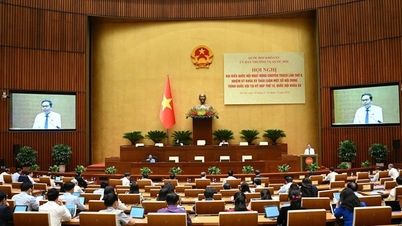

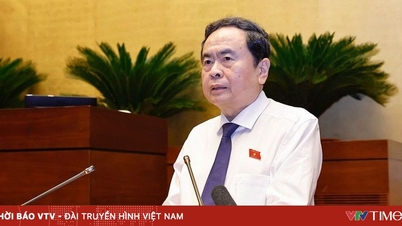

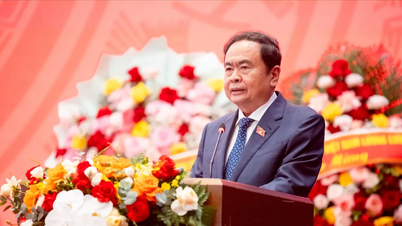

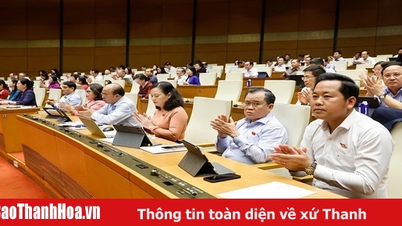

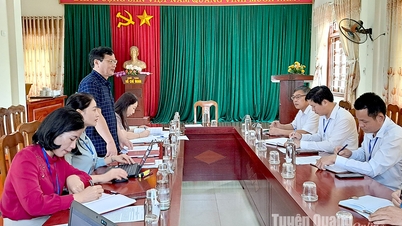

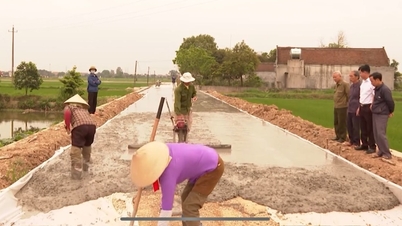



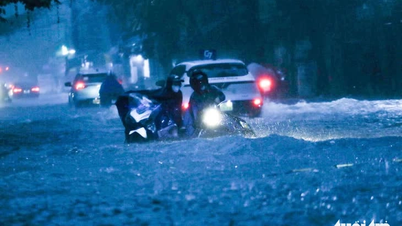


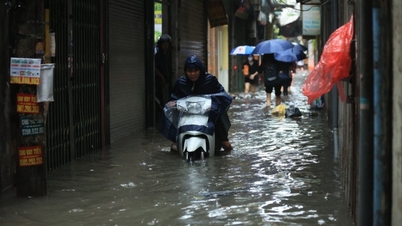








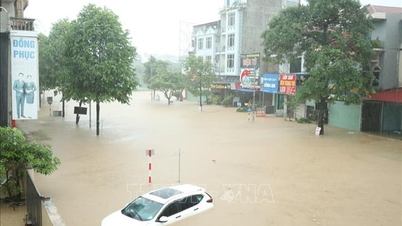












































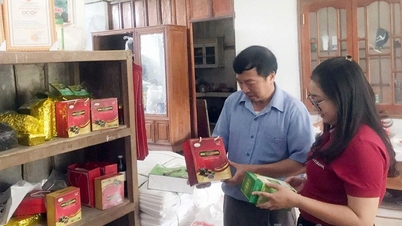

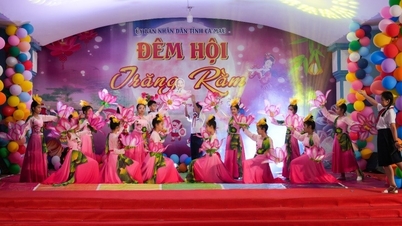


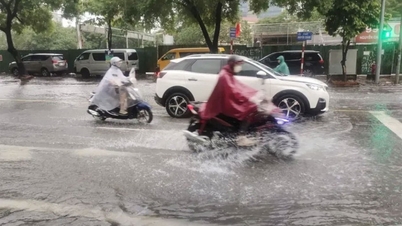



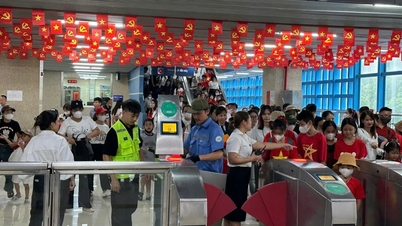















Comment (0)